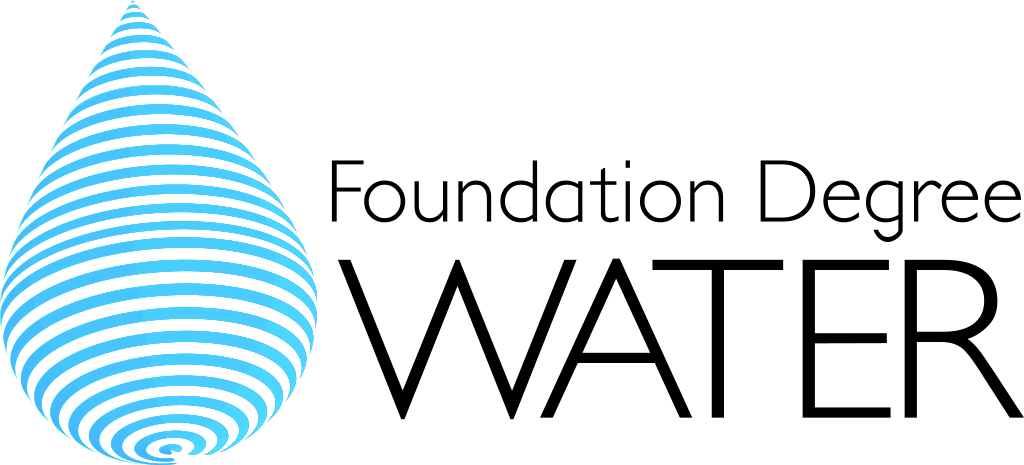On 26th May 2020, Learning & Development Associates attended Aquatech’s first virtual breakout online webinar. As water continues to be a critical player in helping to reduce the spread of COVID-19, embracing digital transformation, innovation and resilience has become key in succeeding during these difficult times. The webinar discussed how their characteristics have impacted the industry so far and what the future holds. We were joined by 170 attendees from around the world, demonstrating the importance of the topic, worldwide.
Attending at the webinar were:
- Meriem Riadi, Chief Digital Officer, SUEZ Group, France
- Julia Braune, General Manager, German Water Partnership, Germany
- Yossi Yaacoby, VP of Engineering, Mekorot, Israel
- Jesper Kjleds, Chief Digital Officer, Aarhus Vand, Denmark
- Host: Tom Freyberg, Content Director, Aquatech Online
So, how has digital transformation, innovation and resilience impacted the water industry so far?
Jesper Kjleds, CDO at Aarhus Vand highlighted the great impact digital transformation and innovation has had on their business over the last couple of months. Digital transformation has played a key role recently, allowing people to work from home, work more effectively and also improve business operations. The implementation of various online platforms and applications have allowed the business to access information faster and much more efficiently, helped them develop virtual café’s for staff where people can ask questions and learn to work from home more. More importantly, by adapting digitally, it has allowed them more time to focus on innovative tools to help them in day to day business.
The question now is, how do we make this the new norm so that businesses don’t revert back to the old way of working? For Aarhus Vand, the main learning taken from all this is that digital transformation hasn’t just helped them already but can be embedded more into day to day operations. Jesper explained that they now want a workforce than can work in greater speed and imbed new ways of working. It was highlighted that to do such, data is imperative in helping accelerate change and innovation. They require faster access to data and need to be real time driven with A.I, carbon footprint etc. Previously, work wasn’t documented like it is now. Increased automation and data are pushing them more to a different way of working, allowing them the time to focus on innovation.
Speaking on what the new norm may look like, Julia Braune, General Manager, German Water Partnership highlighted the importance of certain topics, expressing that some of which have been with us for a while are becoming more important now such as sustainability and cleaner water. It was noted that economic recession will force us to look for more cost efficiencies and data will become even more critical. Scientists have found you can trace the virus in the water through data, making data a critical player during the pandemic.
As expressed by Jesper, Julia reiterated the importance of digital solutions now and for the foreseeable, especially due to travel restrictions. Drastic change in digital solutions are being used across the water sector already, with many businesses adopting rapidly.
When asked where investments will be going in the economy, Julia said that although it is not 100% clear yet, economic packages are likely to focus on climate change and the water sector can very much profit from that.
There are major infrastructure projects proposed and because they are usually connected with very high investments, there maty be a shift towards internal investments (digital investment and data analytics for cost reduction for start ups).
Yaacoby, VP of Engineering, Mekorot, Israel discussed how they have worked differently from the rest of the world. Employees of Mekorot have carried on working, just adapting the way they work via digital adaption and working from home. Mekorot have been paying all their suppliers in order to ensure their stability and paying all their staff. The focus has mainly been on adapting their facilities and working environments. They found that employees were sometimes working better from home, increasing performance.
So, what are the key themes for the Water industry moving forward?
Resilience
One of the key themes for the water industry is resilience. According to Yossi Yaacoby, VP of Engineering, Mekorot, Israel, resilience is absolutely critical for the industry moving forward. Companies must be resilient in the way they organise their facilities, resources, equipment, procurement process and more. Everything should meet all of the resilience benchmarks of the company.
This just reinforces Learning & Development Associates emphasis on Resilience and digitalisation over the last few months. As one of the UK’s leading provider of level 5 awards and certificates for water professionals, we have recently developed a short course (3 days): “The Level 5 Award in Management of Risk & Resilience”.
Award learners are taught how to take responsibility for planning and developing courses of action, including, where relevant, responsibility for the work of others and how to exercise autonomy and judgement within broad parameters and to address the knowledge and understanding of the Management of Risk & Resilience. The course/qualification addresses the practical competencies required for the effective management of Risk & Resilience and provides evidence of organisational competence for Regulators and other stakeholders.
Digital Transformation & Innovation
As many are already aware by now, digital transformation and innovation are also key themes moving forward. The implementation of digital solutions will allow people and businesses to spend time on more pressing matters and increase efficiency by saving time and developing easier and faster ways of working.
What next?
Now more than ever, resilience is key for our industry professionals. Companies must invest in their people, “enabling companies to be ready for anything” (Yossi Yaacoby, VP of Engineering, Mekorot, Israel).


